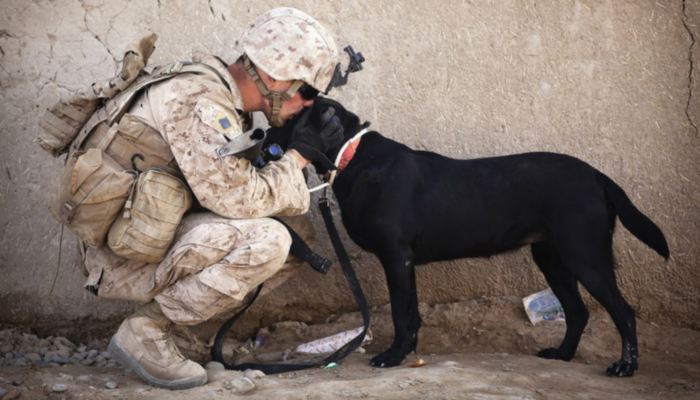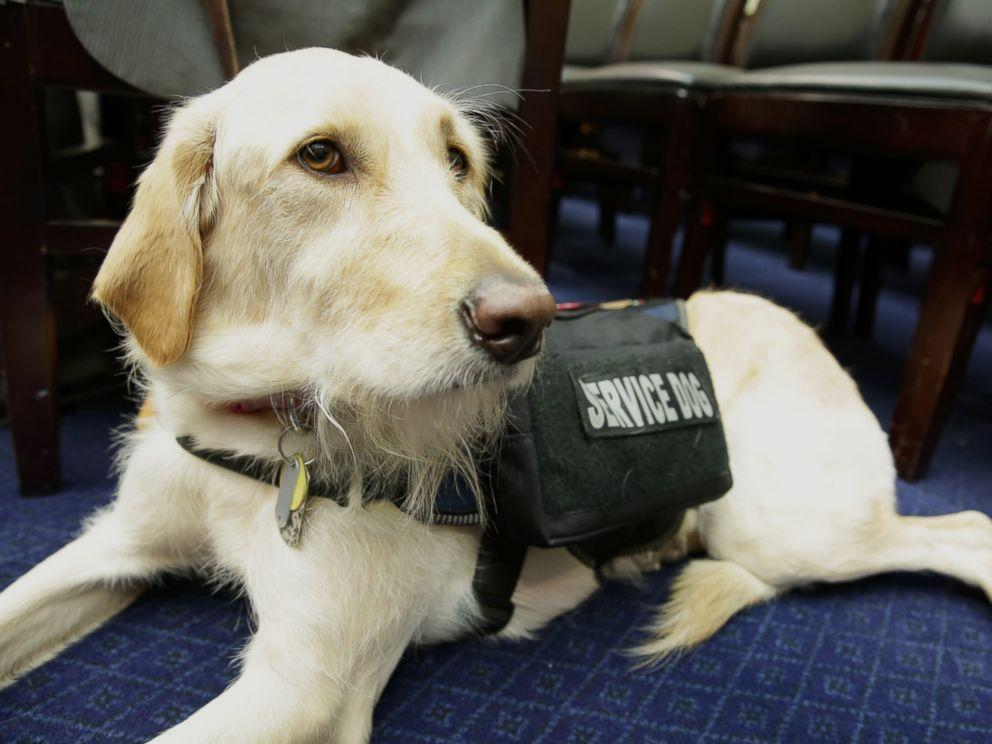
Post Traumatic Stress Disorder (PTSD) is a severe anxiety disorder caused by a traumatic event or series of events. PTSD can be debilitating to live with, and can greatly affect the quality of daily life for someone who suffers from the condition. PTSD can be caused by a number of traumas including Military Combat, terrorist attacks, witnessing an accident or fatality, child abuse, physical or sexual assault, or a natural disaster such as a flood, fire, tornado, hurricane or earthquake.
Many who witness or experience these frightening events deal with terrible anxiety after it’s over. It may take a few weeks or months to feel less on edge, get a good night’s sleep and feel safe to go about a normal daily routine. However, for some, these symptoms do not go away, and instead develop into Post Traumatic Stress Disorder.
Post Traumatic Stress Disorder manifests itself in many ways. A person with this condition may experience severe anxiety, terrifying panic attacks triggered by reminders of the trauma, insomnia, fear of crowds, flashbacks, mood swings and depression.
##banner-form-sa-funnel-mobile##
Service dogs are becoming more and more common as a treatment for PTSD. Service dogs are trained to perform many tasks that can alleviate the symptoms of the disorder by providing a sense of safety and security, physical exercises and other tasks that lessen the impact of the disability. Through tasks specific to the handler’s situation, the service dog is able to reduce anxiety and depression, increase serotonin, lower blood pressure and many other things all while providing companionship.



Tasks
Alert Tasks
This is one of the main types of tasks for a PTSD service dog. The animal can be trained to alert the handler or another party according to the handler’s needs. Alert tasks for the handler include alerting the handler that it’s time to take medication, alerting the handler of an approaching person or car, alerting to an intruder, alerting the handler of dangerous chemical levels in the body such as blood pressure and cortisol, alerting to a panic attack, and routine reminder alerts. Service dogs may also alert a family member or alert for help from a bystander if the handler is in distress.
Interruption Tasks
Interruptions are another common type of task provided by service dogs, as causing a distraction can assist the handler in many circumstances. Service animals may be trained to interrupt a flashback, nightmare, panic attack, self-harm, harm to others, disassociation, freezing out of fear and repetitive behaviors. These interruptions can improve the effects of mood swings, depression and anxiety. Dogs can interrupt by licking the handler’s face or hands, lying on his or her chest, nuzzling, or instigating play by bringing a toy or stick to the owner.
Movement Tasks
Another way service dogs can help a person with PTSD is through movement tasks. Those with PTSD often suffer from anxiety when in a crowded place, and are often afraid of things like being approached by someone from behind or entering a house or building without knowing what to expect. Service dogs can be trained to provide crowd control by circling the handler in a crowded place in order to create a barrier between the handler and other people. The dog may also sit or stand facing outward near the handler, and rise to block the handler if a person approaches. Service dogs can be trained to cover the back of the handler to make sure he is not approached from behind. Another movement task provided by service dogs is to enter a house or building and check the perimeters and provide reassurance to the handler that it is safe to enter.
Guide Tasks
Guide tasks might seem like they are only for seeing eye dogs, but there are several guide tasks service dogs are trained to perform for those suffering with PTSD. Dogs may guide their handler out of a stressful situation, away from a crowded place during a panic attack or away from a known trigger such as a siren. Dogs may guide their handler home, to an exit or to help depending on the situation.
Call Tasks
Service dogs are trained to make necessary calls in the event of an emergency. They may call 911, a suicide hotline, a therapist or another support person. Usually these numbers are pre-programmed on a dog friendly phone, but most PTSD service dogs will know how to dial 911 or a suicide hotline from any dog-friendly phone.
Service dogs can support those suffering from PTSD in a multitude of ways. The range of specific tasks a service dog is trained to perform can make a huge difference in the daily lives of their handlers. Not only can service dogs help with anxiety, depression, self-harm, and other stressful situations or emergencies, they can also provide their handlers with security and companionship which could make a world of difference for someone living with PTSD.
##banner-form-sa-funnel-mobile##